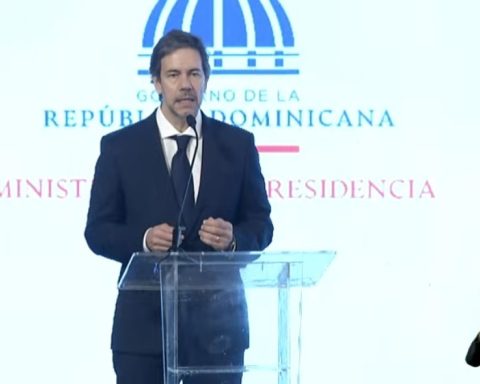The preferential vote in the Dominican Republic should be honored, or at least its resilience recognized, because it is still alive, despite having received so many attacks and having fewer and fewer defenders. The most frequent “accusations” against the preferential vote are that it encourages clientelism and vote buying, in addition to causing a kind of cannibalism within the parties. There are also those who criticize that this method encourages the promotion of individual leadership, above political institutions. However, the preferential vote has not only been maintained, but has been consolidated, and has even been extended. Before it was applied by a regulation of the Central Electoral Board, and now it is by law. Before it was only for deputies, and now it has been extended to councilors.
Separate elections
In electoral matters, it sometimes happens that political actors promote a change and when it materializes and they have convinced the majority of its convenience, then they reverse it. This is the case of the model of presidential elections separated from legislative and municipal elections, which has fundamentally two virtues: it eliminates the knock-on effect and promotes local leadership. It also makes things easier for the voter and above all for the JCE. But now the majority does not want that model, arguing that it is more expensive.
Electronic voting
Automated voting deserved better luck, but it was a “hello and goodbye” due to the collapse of the 2020 municipal elections, preceded by an alleged fraud in the PLD primaries the previous year. If used well, it should be better in every way than the manual system, which has always been used. There have always been complaints of irregularities with manual voting, so, once again, it is a matter of political culture. One day, an attempt will be made to implement electronic voting again, although not for now.
The entrance Achievements that are too big for us (2) was first published in elCaribe newspaper.

















